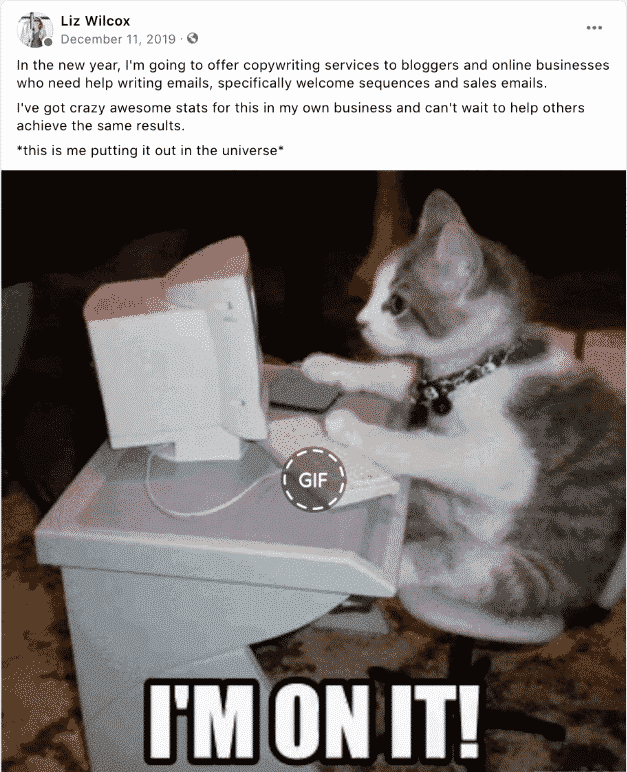In this interview series, we ask Liz Wilcox a few questions about freelancing, landing new clients and using freelance platforms.
I am a copywriter and launch strategist. Basically, I help people make money through email marketing.
Come to think of it, I’ve always been a freelancer. My last job was at a gas station. When they fired me (big mistake. HUGE.), I got on Craigslist and learned about the gig economy. That was over 10 years ago and I’ve never once had a traditional w2 job since.
I fell into email marketing and copywriting when I started my own blog. It was on RV travel. I kept hearing all the so-called gurus preach “the money’s in the list” so I build an email list and started selling digital products of my own. Over the course of 3 years, I generated over 200k just from selling stuff through email marketing. Turns out those internet gurus were right.
When I realized just how much I loved email copywriting, and how good I was at launching products that way, I sold the RV blog and went full steam ahead into selling my services. In just a year, I had a 6-figure business.
To learn more about Liz’s services sign up for her newsletter here.
I’ve been freelancing for over 10 years.

With my current freelance services, I simply posted on my Facebook personal profile that I was going to start taking on copywriting services to help people make money online through digital products.
I received a lot of interest in the comments of that post, so I personally reached out to every person and got a few on my calendar for sales calls. I booked (+ invoice paid) within just a few days of my original post. That first client bought a Day Rate for $1000.
Charge more. Don’t take on cheap clients. If something feels wrong in your gut, listen to it and reject the sale.
You get the type of clients you accept.
It can be a lot of work and what you think is the scope of the project, may only be 75%. I hate when the work never seems to end.
Getting paid quickly, duh. (Because that allows me the freedom and flexibility to travel, live on the beach, etc. ).
Do a great job and ask for referrals. Tell people about your successes online.
If a client seems like they might cause me stress, I try not to take them on in the first place. I freelance because I love the freedom it gives me. I like being my own boss. If I took on clients that drained my energy, what would be the point of it?
That said, if a client turns out to be a big pain in the…butt, then I’ll invite them on a Zoom call to get everything out in the open discuss contract terms, expectations, etc so we are both on the same page.
I’ve found a lot of what you think about a “tough client” might just be a lack of communication. Getting it out in the open quickly can steer the project in the wrong direction.
Now, if a client isn’t getting back to me on deliverables etc, I have things clearly outlined in the contract that allows me to terminate the project, etc.
See Related: 5 Impactful Client-Interfacing Skills
I was fortunate enough to already have a pretty decent network when I started copywriting. I didn’t have to turn to Upwork or something like that. I just used my network to begin. I highly recommend trying that first before going on freelance platforms.
I also don’t like the idea of working hourly so they weren’t attractive to me. I like to get paid upfront and per project. I find this attracts a more serious (and easier to work with) clientele.
When you work per hour, someone sees you as their employee and they may try to boss you around. When you charge per project and ask for payment upfront, you establish yourself as an authority and your clients are more likely to treat you as such.
Last updated: November 15, 2022